Farewell to Durante, the Man Who Promoted Italian-American Culture... in Italy
Francesco Durante was born in Anacapri in September 1952, the last person to born on the island of Capri before births were scheduled at hospitals in Naples. On a passeggiata with him some years ago, he nonchalantly pointed out the impressive palazzo as we strolled by, evidently free of any nostalgia or sentimentality. Perhaps it was his childhood spent in Friuli and his college years at the Università di Padova where he studied Italian literature, and his early career in the northeast of Italy that granted him a certain psychological dist ance and detachment with which to view his native city. His journalism began with the Messagero Veneto in Udine, followed by a stint at Il Piccolo in Trieste, both cities – like Naples – a border town.
In 1980 he returned to Naples and was editor of the city’s daily newspaper, Il Mattino. Between 1988 and 1992 he was editorial director of Casa Editrice Leonardo, an imprint of Mondadori. Returning to Naples – for the second time – he was named editor and writer for Il Corriere del Mezzogiorno.
Parallel to his distinguished career as a journalist, Durante was also a scholar and translator of extraordinary accomplishments. Like Cesare Pavese, he was enamored with American literature. The romance of the open road, infinite vistas, and the music of America struck a profound chord in him. His taste was eclectic, translating the seven novels of John Fante, the novels of Bret Easton Ellis, and the poetry of Raymond Carver. He was the editor of two “Meridiani” series for Mondadori (the series is usually considered the “pantheon” of great writers in Italy) on John Fante and Domenico Rea.
First as professor of comparative literature at the Università di Salerno, then as Professor of Italian American literature and culture at the Università Suor Orsola Benincasa, Durante introduced two generations of students to a literary and cultural tradition that had previously been scorned in Italy. It is not too much to say that he was instrumental in challenging and changing the view of Italian America in Italy.
Durante was the Artistic Director and driving force behind the Festival Salerno Letteratura and last year organized the Napoli Città Libro fair. These brought the most diverse groups of writers from all over the world.
He was delighted to have poets Peter Covino and Annie Lanzillotto reading their work in the cortile of San Domenico Maggiore in Naples last year. His two works on the city, Scuorno (Mondadori 2008) and I napoletani (Neri Pozza 2011), are remarkable for the combination of erudition and humanity. Even shorter works, such as Scorciatoie. Pedamentine di Napoli (with photographs by Simone Florena) and Il richiamo azzuro (about the literary history of his beloved Capri), two subjects that might easily lend themselves hyperbole, shine with restraint and refinement. His magnum opus is Italoamericana published by Moindadori in two volumes: Storia e letteratura degli italiani negli Stati Uniti, 1776-1880 (2001) and 1880-1943 (2005); the second volume was translated into English and published by Fordham University Press (2014) as Italoamericana: The Literature of the Great Migration, 1880-1943 which Durante himself edited with Robert Viscusi, Anthony Julian Tamburri, and James Periconi. The culmination of three decades travelling through 70 archives and libraries in Italy and America, it reveals the intersection, “contamination” and cross-fertilization of what Durante called “an unforeseeably new universe.” In one of his last publications, “A Diary in America and a Death in Rome,” Durante traced the career of journalist Luigi Cianfarra from the province of Abruzzo to the hard-scrabble, working-class emigrant towns of New Jersey, the setting for his autobiographical novel Il diario di un emigrante (1904). At the time of his death, Durante had just completed an essay on the poems of Simplicio Righi, author of the famous sonnet “Vennero i bricchellieri a cento a cento.”
At Hofstra University, he was the “Distinguished Conference Scholar” at the “Delirious Naples” conference in 2011. It was marvelous to see him slip effortlessly from “proper” Italian to American slang to Neapolitan. On our last encounter, last year at the conclusion of the Napoli Città Libro festival, eating broiled fish with a bottle of falanghina on the street where he lived, Durante casually mentioned that he might leave Naples. A passage from Scuorno came immediately to mind: In the midst of that “ridiculous tragedy” that was la crisi mundizia/munezza, several of his northern colleagues asked why he didn’t just leave Naples. Durante fantasized about leaving for the third time and taking off for Omaha, Nebraska or Flagstaff, Arizona. He had seen – and understood -- more of America than most Americans. But then he reconsidered:
Poi mi sveglio e, fanculo, me ne resto qui: voglio abbrutirmi tra i miei simili, incarognirmi anch’io su quell’ unico osso e stento intorno al quale tutti si assiepa; voglio far finta di niente ogni volta che mi gira, e andarmene a Capri invece che ai laghi; voglio riempire gli occhi di un blu abbacinante, e bere il mio gin e tonic nel sole del tramonto. Sono lussi modeste, lo so, ma intanto me li posso concedere. E poi voglio anche vedere come va a finire, e se del caso dare una mano (p. 21).
-
Then I wake up and, fuck it, I'm staying here: I want to get bruised among my neighbors, to gnaw and over the one bone that everyone fights over; I want to pretend like nothing’s wrong every time I turn around, and go to Capri instead of the lakes; I want to fill my eyes with a dazzling blue, and drink my gin and tonic at sunset. They're modest luxuries, I know, but ones I can afford. And then I also want to see how it ends, and maybe lend a hand.
It seems impossible to imagine the city without him. How we will miss that “lending hand.”
*Stanislao G. Pugliese is Queensboro Unico Distinguished Professor of Italian & Italian American Studies at Hofstra University.
1 - in The Routledge History of Italian Americans, William J. Connell and Stanislao G. Pugliese, eds. New York: Routledge, 2018, pp. 305-316.






























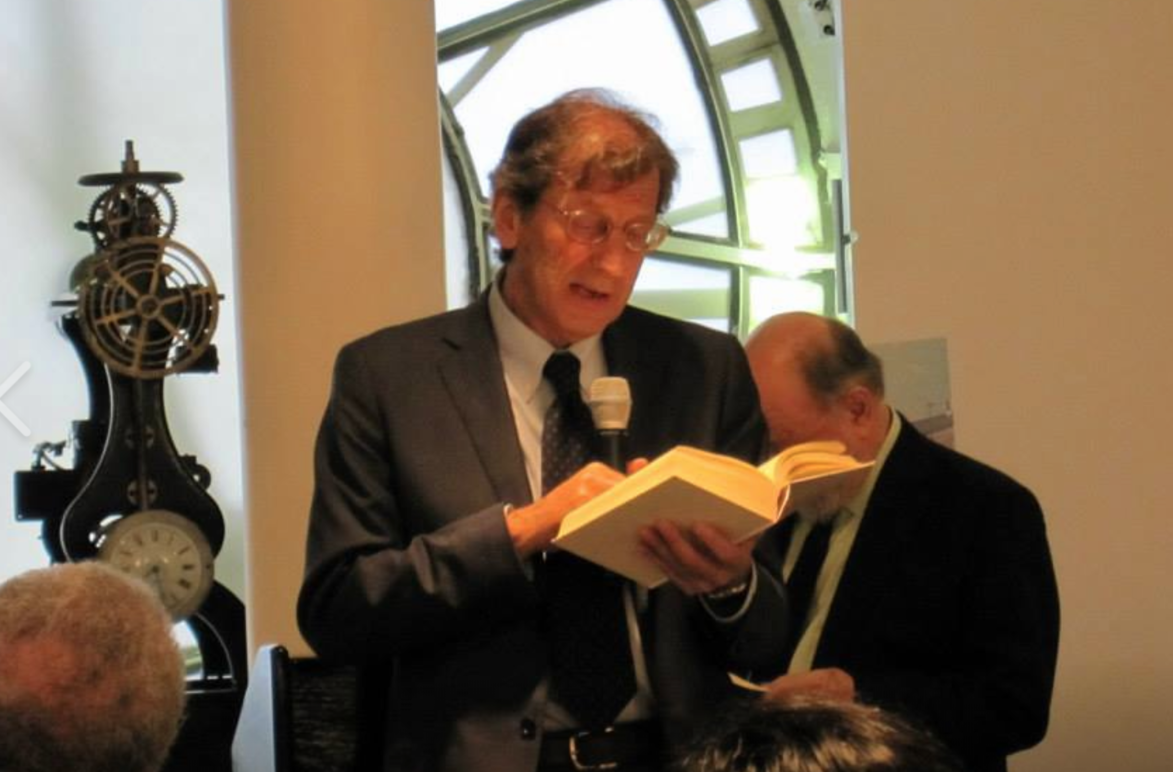
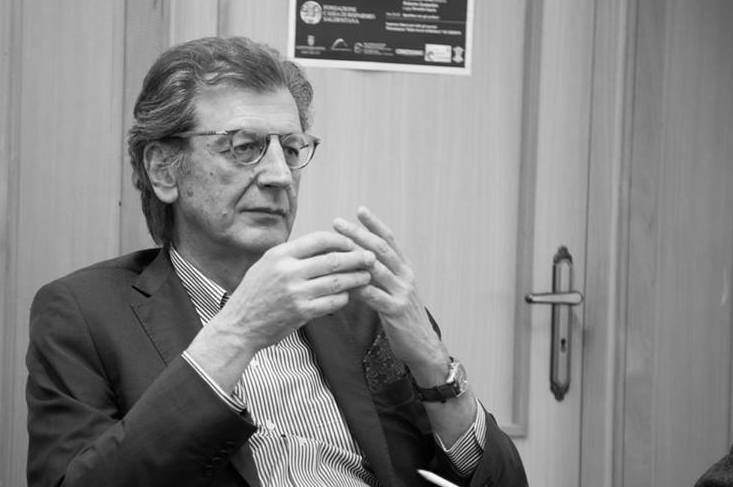
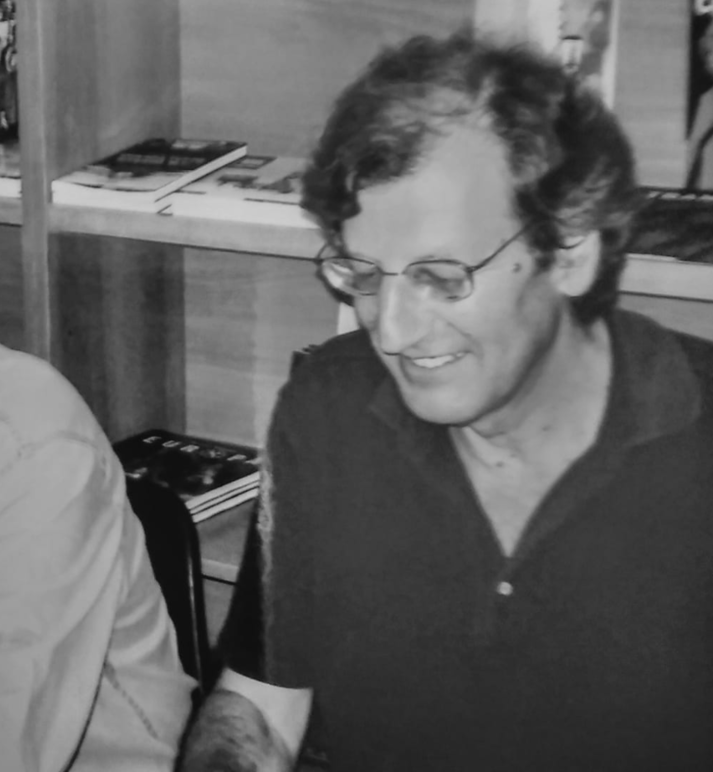


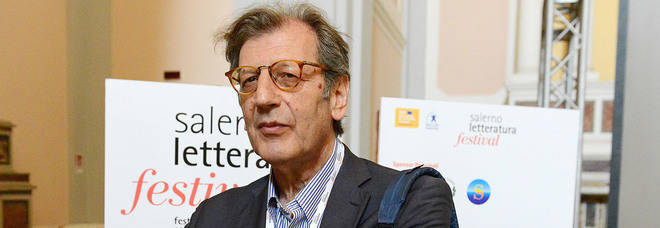
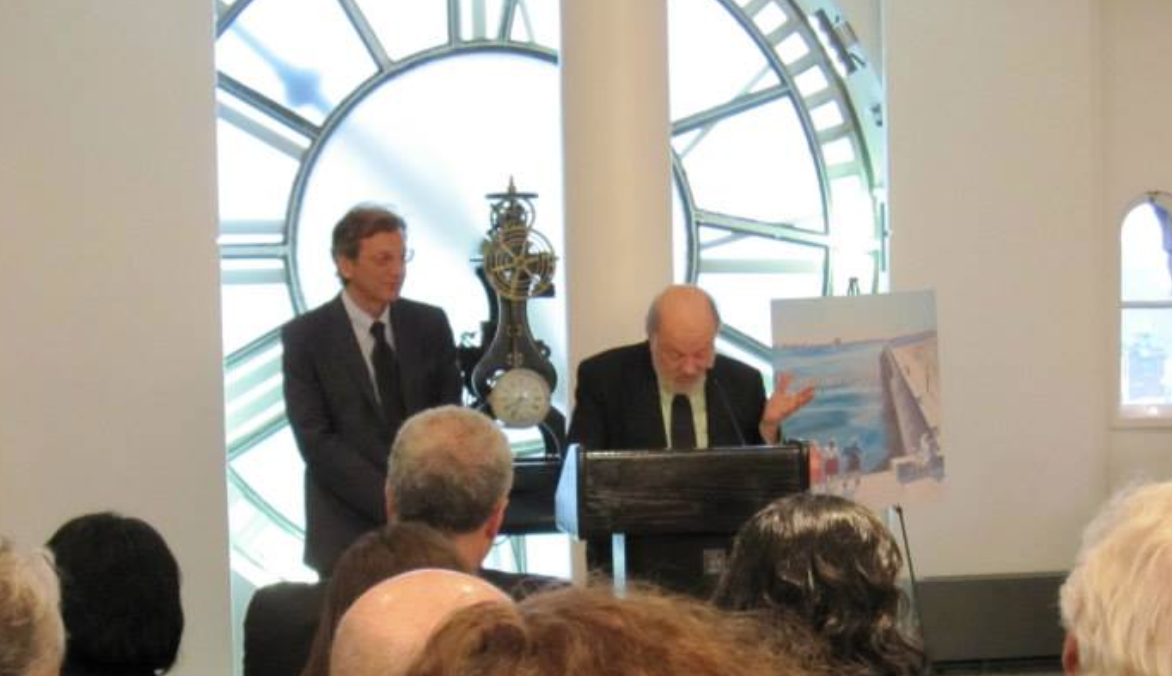









Comments
we will miss Francesco
1
1
1